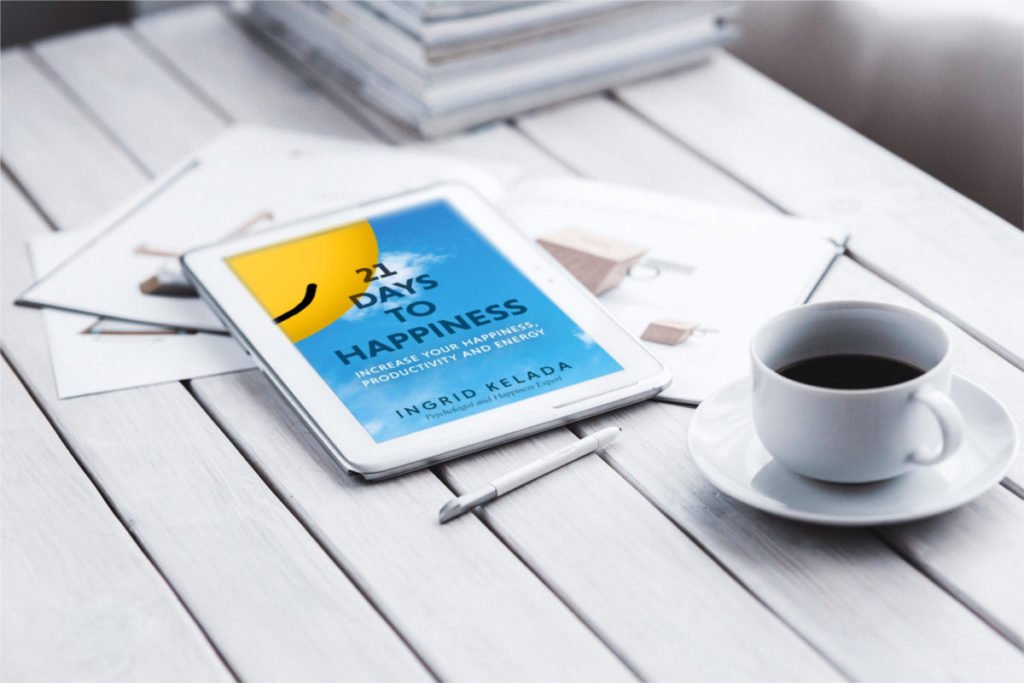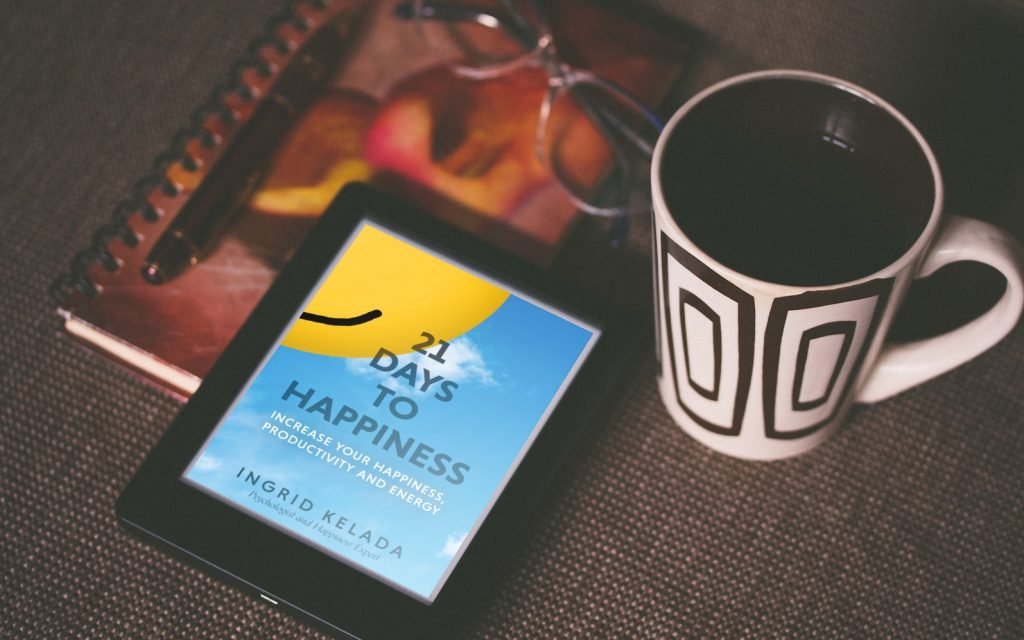
If you’re a creative person, a pack rat, a shopper or a collector, minimalist living and the idea that fewer things equals greater happiness may feel impossible to you. It doesn’t have to be! And you don’t have to be a true minimalist in order to decrease the amount of possessions you own and increase […]

More Work Doesn’t Equal More Productivity According to the American Dream Project, the average American works between 43 and 51 hours per week. That’s a lot of hours! One key question to consider as you plan your own workweek is, are you getting the best productivity from your work schedule? Does working extra hours actually […]

What do You do When Feel Unhappy? Everyone has days when they feel down. What do you find helps you on those gloomy days? Do you go out for a meal? Maybe see a new movie? Visit a friend? Take a walk? Do you get a buzz from jogging or going to the gym? Maybe […]

Creativity or Problem-solving One of the amazing things about humans is our constant endeavor to create or improve things. When we are inspired to create something, we demonstrate our passions or talents. When we run into a problem, we want to fix it and come up with a solution. These days it’s not unusual to […]

This is the perfect time of year to boost your happiness by going outside every day. What’s amazing is you don’t have to spend hours outdoors in order to receive the happiness benefits. Just a few minutes each day is usually enough to make a big difference in our levels of happiness and energy. Going outside […]

Did you know… According to the Statistic Brain website, 76% of people cite money and work as the main causes of their stress. As an organizational psychologist and happiness expert, I can tell you that people think it’s normal to be stressed, overwhelmed and tired, but it’s not! Certainly, when experiencing it, stress gives energy, but in […]

What do you buy the person who has everything? Have you heard people ask this question? Sometimes it seems overwhelming to try to think of a gift for a friend, coworker or loved one when they seem to have everything they could ever want already. It’s probably because you’re thinking of giving them a thing, […]

Are you happy and inspired at work? If you spend eight hours a day, five days a week at work, you will spend more than 2,000 hours on the job in a year. That’s a lot of time! If you enjoy your job, then 2,000 hours probably flies by. But if you struggle to find […]

Start Your New Year Off Right with This Simple Technique Happy New Year! This is the perfect time of the year to start new habits for healthier, happier living. It’s also a busy time of year. Being busy can add extra pressure to our schedules and mean that we need to be extra productive. With […]

We have so much to be grateful for. It’s that time of year…the holidays, the parties, the excitement! You probably have a lot to be grateful for and may take some things for granted. You don’t need much in order to be happy. Many people without a lot still find real happiness in their daily […]










